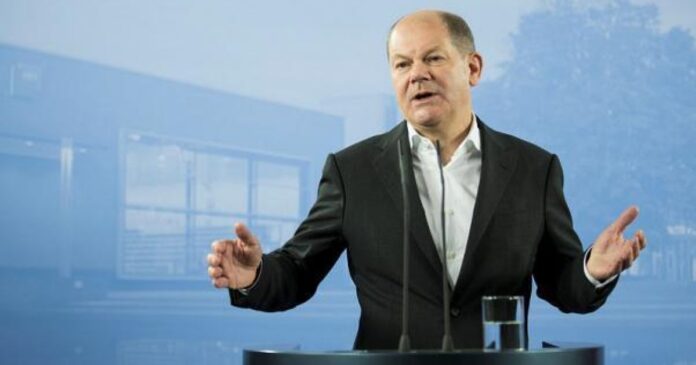An early election on February 23 is likely after an agreement between Germany's main political parties. The decision was reached on Tuesday (November 12) with the support of traditional conservative MPs from the Social Democratic Party (SPD) and the main opposition CDU/CSU. However, this date will be officially approved by President Frank-Walter Steinmeier. This approval is now considered a mere formality. British media The Guardian reported this news.
This decision is expected to give a new direction after the increasing political unrest in the country's parliament. Ever since the collapse of the three-party coalition government last week, there has been uncertainty and speculation about the governance of the government. The Free Democratic Party (FDP) decided to withdraw from the tripartite alliance after Chancellor Olaf Scholz from the SPD ousted German Finance Minister Christian Lindner. As a result, the government lost its majority in parliament and created a political vacuum.
Fixing the election date is seen as a compromise. The conservative opposition had called for elections in January. They argue, the country cannot be left leaderless in times of economic crisis and diplomatic turmoil. Chancellor Schlatz, on the other hand, wants elections in mid-March. So that the election authorities can prepare on time.
Chancellor Schlatz is expected to address parliament on Wednesday afternoon and announce the date for a vote of confidence in the government. It is expected that the trust vote will be held on December 16. However, based on the current position of the government and public opinion, there is a possibility that Shalats' government will lose this confidence vote. This will pave the way for the election.
Schaltz's centre-left SPD and Green Party run a minority government after the FDP withdrew. Shalats has expressed his desire to contest again and has received support from top party leaders. However, his popularity has declined a lot. Shalats initially wanted elections by the end of March. But due to the pressure of CDU and Green Party, the election date was forced to be brought forward. The conservative CDU is already ahead in opinion polls and its leader Friedrich Merz is pressing for an early election.

